Globalisation is changing the logic of the nature and pattern of the Cold War Relationship among great and small powers. Due to the demise of the Soviet Union, and resultantly the end of the Cold War, a new World Order is emerging. In the Post-Cold War World, ideologies have become weak, the role and influence of states is on decline, the concept of sovereignty is under a constant attack. The primacy of economics tends to question the legitimacy as well as the relevance of the public ownership of the means of production and distribution The strong and perhaps irreversible trends towards greater privatisation, economic reforms, debureaucratisation and penchant for integrating national economies with global economy and regional economic groupings are clearly visible. In this volume, a battery of experts and scholars have made their contributions while examining the undercurrents of the international system. The international system is in a great flux. Contrary to the Cold War perceptions, a new beginning has been made by great powers to restructure and redefine their bilateral as well as multilateral relations based primarily on mutually beneficial interests. This promises better prospects for strengthening their economies, promoting trade, scientific and cultural cooperation among them. In this volume, the new developments in the great power relationship of the US, China and India have been thoroughly examined by specialists of their respective fields. New insights and interpretations with logical conclusions are the real strength of this volume.
International System and the Great Power Relationship (U.S., China and India)
In stock
Free & Quick Delivery Worldwide
reviews
Bibliographic information
Title
International System and the Great Power Relationship (U.S., China and India)
Author
Edition
Reprint
Publisher
INA Shree Publishers, 2008
ISBN
8186653236
Length
viii+183p., Tables; References & Notes; Annexures; Index; 23cm.
Subjects

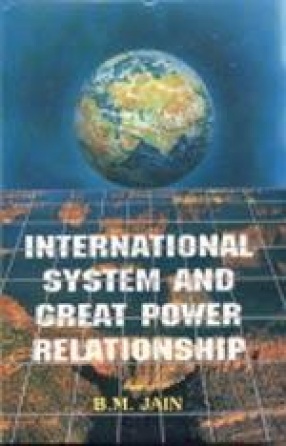
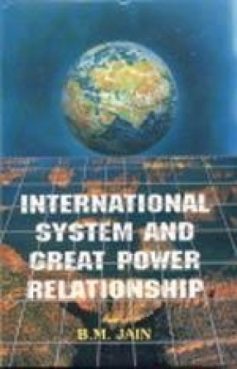
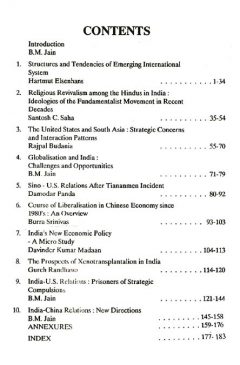
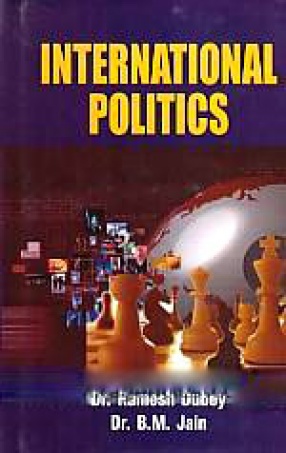
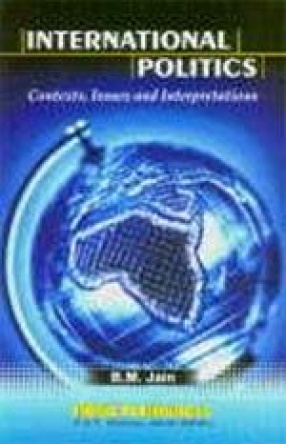
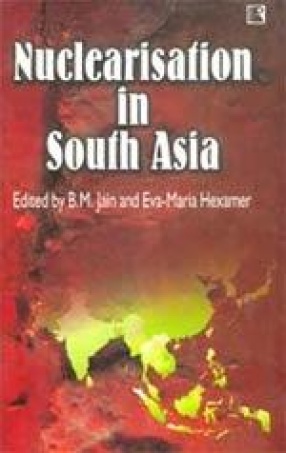

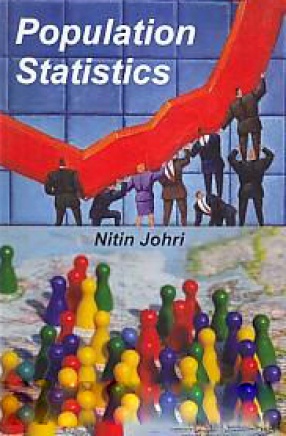
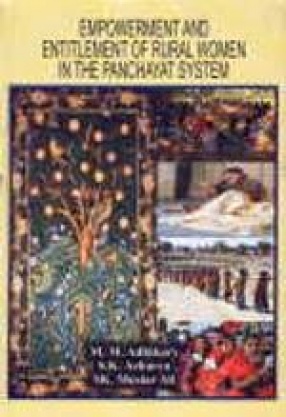
There are no reviews yet.